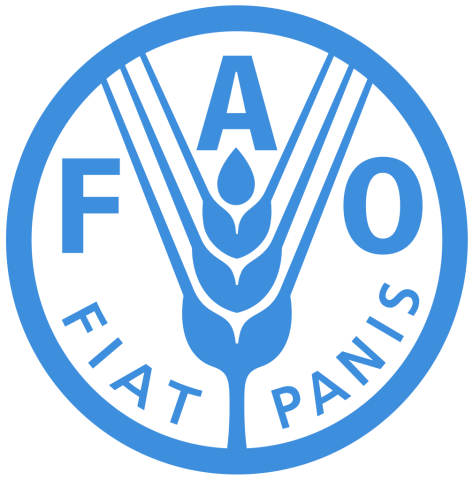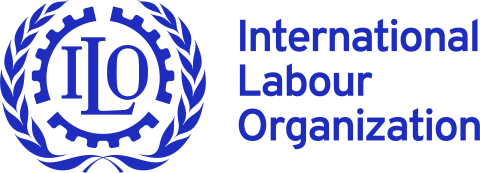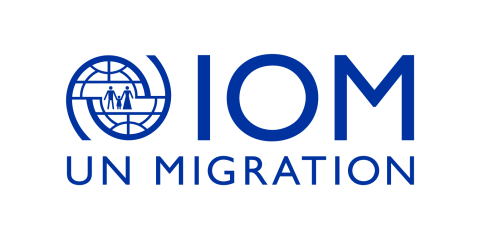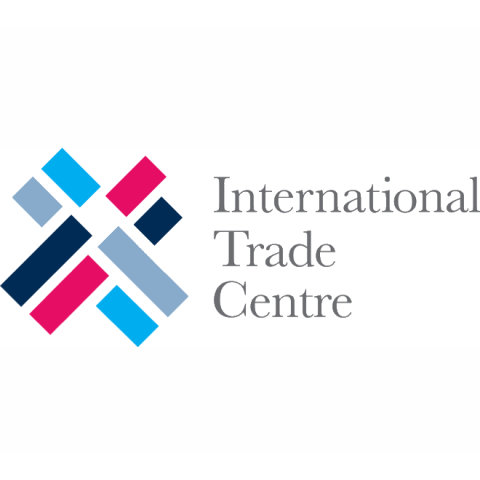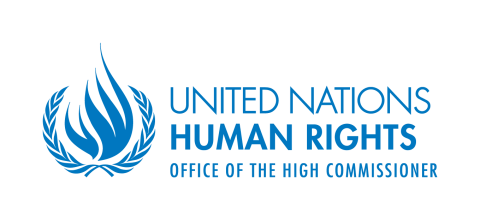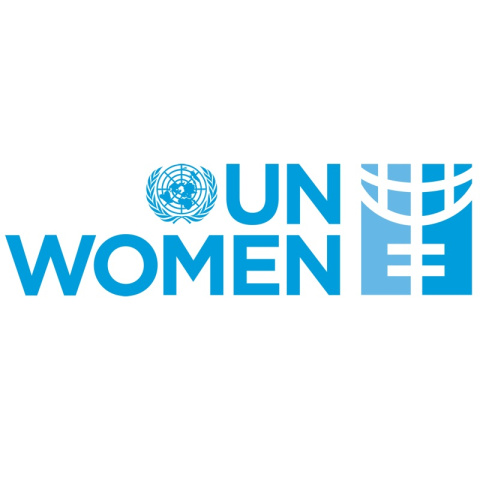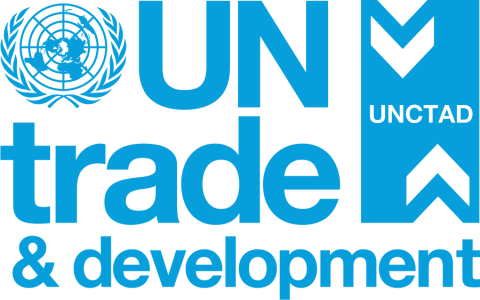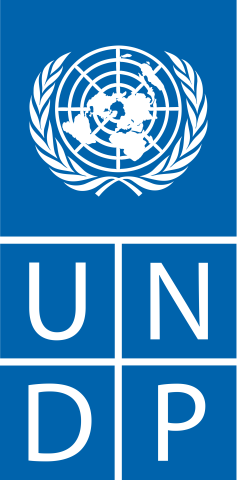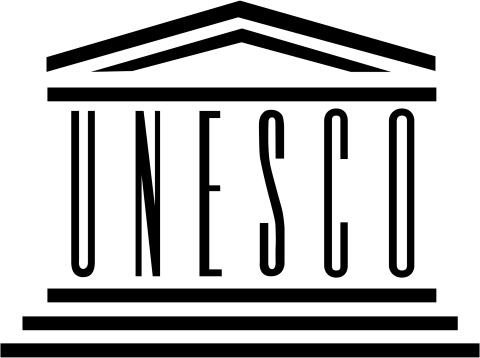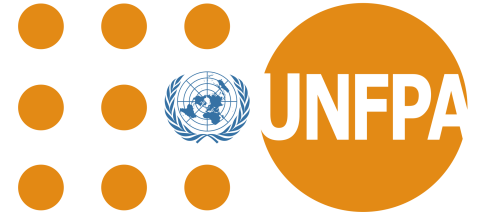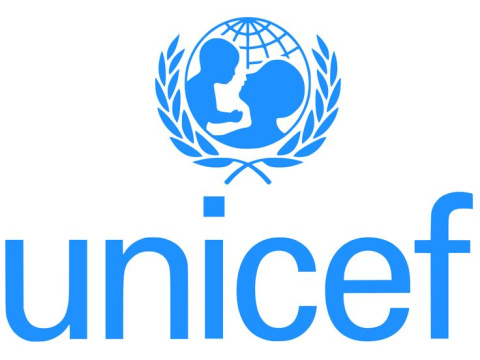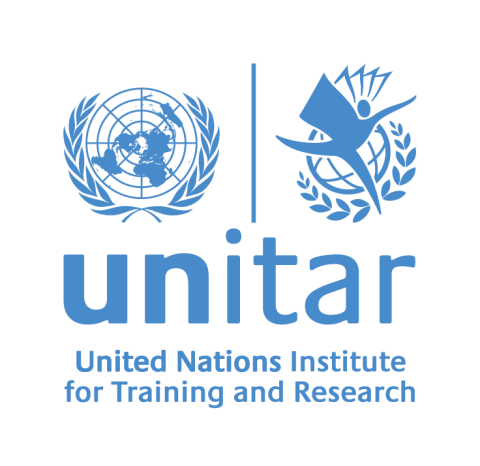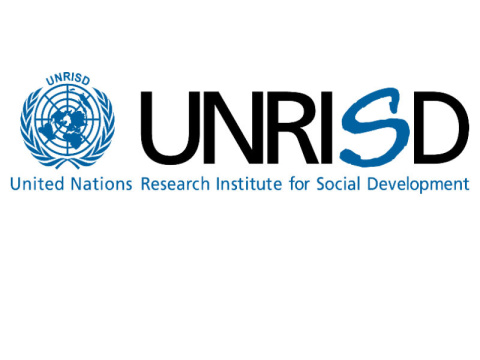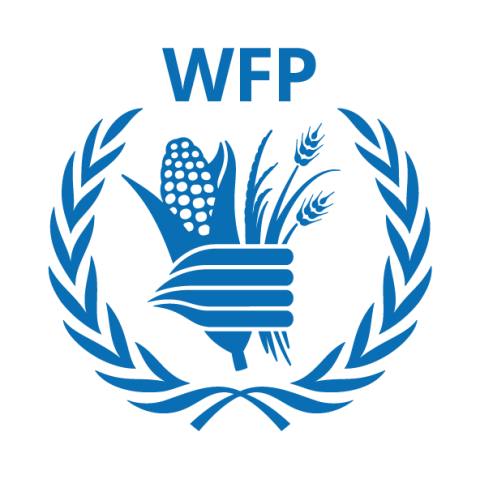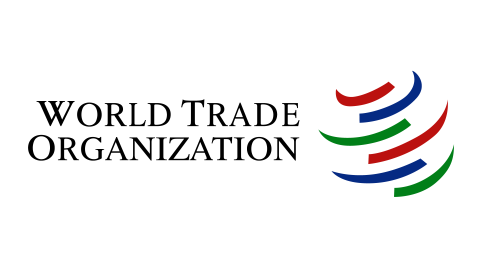
Breadcrumb
Human rights
The human rights basis for the work on gender equality is the Convention on the Elimination of All Forms of Discrimination against Women which has been ratified by 189 countries. States that have ratified the Convention are legally bound to the following:
- eliminate all forms of discrimination against women in all areas of life
- ensure women’s full development and advancement in order for them to exercise and enjoy their human rights and fundamental freedoms in the same way as men
- allow the Committee on the Elimination of Discrimination against Women (CEDAW) to scrutinize their efforts to implement the treaty by reporting to the body at regular intervals
The CEDAW is a group of 23 experts who follow up on the implementation of the Convention by taking up complaints from individuals or groups, and by investigating severe violations of the Convention by any of the signatories. The CEDAW also gives general advice to Member States and has thus achieved progress in several countries, for example in the areas of heritance rights, property rights and political participation for women.
Rights for everyone, everywhere
Human rights and gender, gender identity or sexual orientation are often closely linked. This becomes apparent especially for refugees and migrants: some need to leave their homes because of who they are or who they love. Others face discrimination and stigmatization in their host country. The International Organization for Migration and UNHCR work to protect migrants and refugees from any form of mistreatment or discrimination related to their gender or sexual orientation, like limited access to work, to social services etc. Educating communities about the effects of gender-based violence and about alternative ways of living together is another part of the organizations’ important work.
The world of work
Sexual harassment at work, uneven pay, a lack of women managers or insufficient maternity leave policies: The list of obstacles for female workers is long. In some cultures, this is exacerbated by a belief that women should not work, or even go to school, at all. The International Labour Organization (ILO), based in Geneva and working on workers’ rights and workers’ welfare, has adopted several key conventions. Translated into national contexts, they form the basis for a better work environment for women.
Women in trade
The United Nations Conference on Trade and Development (UNCTAD) explores if and how trade policies affect women differently than men. The organization publishes their findings and offers training on trade and gender to help participants from Member States understand what impact their trade policies have on men and women, respectively.
Offering practical support to women entrepreneurs across the globe, the International Trade Centre has launched the “SheTrades” Initiative. Small businesses benefit from advice on product branding or access to international markets.
Health
Gender and health are interlaced in several ways. Women’s health is impacted by physical or sexual violence, by female genital mutilation, limited access to health care systems or health insurance. In addition, rigid gender stereotypes force all genders into certain behaviour patterns, for example the expectation that a man must provide for his family. This can have an impact on a person’s mental health. Discrimination of and violence against LGBTQ+ persons is another threat to both the physical and mental health of people.
WHO collects data on these risk factors, for example, how many women have become victim of domestic violence, and on general health statistics, divided by gender and other indicators (Health Equality Assessment Toolkit). The data basis gives Member States an opportunity to adapt their health systems to the different needs of all genders. The organization also publishes toolkits for health practitioners and managers, showing how to tackle the problem.
Sexual and reproductive health
UN Aids informs women around the world about the threat of HIV and other sexually transmittable diseases. The programme educates women and girls about sexual and reproductive health, access to health services and safer sex options.
UNFPA, the United Nations Population Fund, works on all issues regarding sexual and reproductive health, family planning, safe pregnancy and child birth, and on equal opportunities for men, women and children. UNFPA also shares population data with governments. The Geneva office of the organization is largely engaged in gender equality as a human right and, in this respect, gives important input to the Human Rights Council.
Organizations working on gender equality
The Independent Institution is a UN entity established by the General Assembly on 29 June 2023 in response to the urgent calls for action from family members of Syria’s many thousands of missing persons to determine their fate and whereabouts. The IIMP’s founding resolution mandates it to:
- Clarify [...]
Established in 1951, IOM is the leading intergovernmental organization in the field of migration and works closely with governmental, intergovernmental and non-governmental partners. IOM works to help ensure the orderly and humane management of migration to promote international cooperation on [...]
The mission of the Office of the United Nations High Commissioner for Human Rights (OHCHR) is to work for the protection of all human rights for all people; to help empower people to realize their rights; and to assist those responsible for upholding such rights in ensuring that they are implemented [...]
The World Bank Group is an international financial institution whose mission is to end extreme poverty and boost shared prosperity on a livable planet. It works in every major area of development and provides a wide array of financial products and technical assistance to help countries share and [...]
In July 2010, the United Nations General Assembly created UN Women, the United Nations Entity for Gender Equality and the Empowerment of Women. In doing so, UN Member States took an historic step in accelerating the Organization’s goals on gender equality and the empowerment of women. The creation [...]
UNAIDS is leading the global effort to end AIDS as a public health threat by 2030 as part of the Sustainable Development Goals.
Since the first cases of HIV were reported more than 35 years ago, 78 million people have become infected with HIV and 35 million have died from AIDS-related illnesses [...]
UN Trade and Development (UNCTAD) is the UN’s leading institution dealing with trade and development. It is a permanent intergovernmental body established by the United Nations General Assembly in 1964. UNCTAD supports developing countries to access the benefits of a globalized economy more fairly [...]
UNDP is the leading United Nations organization fighting to end the injustice of poverty, inequality, and climate change. Working with a broad network of experts and partners in 170 countries, the agency helps nations to build integrated, lasting solutions for people and planet.
The UNDP Office in [...]
The UNESCO Geneva Liaison Office (GLO) was established in 1979 in order to liaise UNESCO with the United Nations Office at Geneva (UNOG), the UN Specialized Agencies based here (e.g. WHO, ILO, ITU, WIPO and WMO), the UN programmes, funds and organizations (e.g. OHCHR, UNHCHR, UNAIDS, UNCTAD, etc.).
A [...]
UNFPA, the United Nations Population Fund, is an international development agency that promotes the right of every woman, man and child to enjoy a life of health and equal opportunity. UNFPA supports countries in using population data for policies and programmes to reduce poverty and to ensure that [...]
UNICEF works in the world’s toughest places to reach the most disadvantaged children and adolescents – and to protect the rights of every child, everywhere. Across more than 190 countries and territories, we do whatever it takes to help children survive, thrive and fulfill their potential, from [...]
As a dedicated training arm of the United Nations system, the United Nations Institute for Training and Research (UNITAR) provides innovative learning solutions to individuals, organizations and institutions to enhance global decision-making and support country-level action for shaping a better [...]
The United Nations Office on Drugs and Crime (UNODC) has the mandate to make the world safer from drugs, organized crime, corruption and terrorism. The organization is committed to achieving health, security and justice for all by tackling these threats and promoting peace and sustainable well-being [...]
Housed at the Palais des Nations, the United Nations Office at Geneva (UNOG) serves as the representative office of the Secretary-General at Geneva. A focal point for multilateral diplomacy, UNOG serviced around 8,000 meetings last year, making it one of the busiest conference centres in the world [...]
UNOPS helps the UN and its partners provide peace and security, humanitarian and development solutions. Their mission is to help people build better lives and countries achieve peace and sustainable development.
They are focused on implementation, committed to UN values and private sector [...]
UNRISD is an autonomous research institute within the UN system that undertakes interdisciplinary research and policy analysis on the social dimensions of contemporary development issues. UNRISD works collaboratively with an extensive network of partners from the academic, policy, practitioner and [...]
The United Nations World Food Programme (WFP) is the world’s largest humanitarian organization, saving lives in emergencies and using food assistance to build a pathway to peace, stability and prosperity for people recovering from conflict, disasters and the impact of climate change.
The WFP Geneva [...]
The World Health Organization (WHO) is the directing and coordinating authority for health within the United Nations system. It is responsible for providing leadership on global health issues, shaping the health research agenda, setting norms and standards, articulating evidence-based policy options [...]
The WTO provides a forum for negotiating agreements aimed at reducing obstacles to international trade and ensuring a level playing field for all, thus contributing to economic growth and development. The WTO also provides a legal and institutional framework for the implementation and monitoring of [...]

